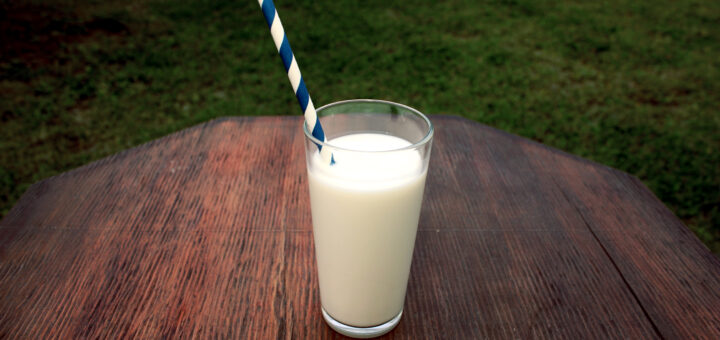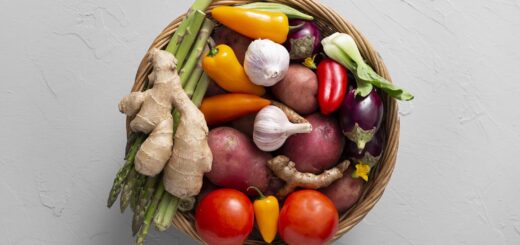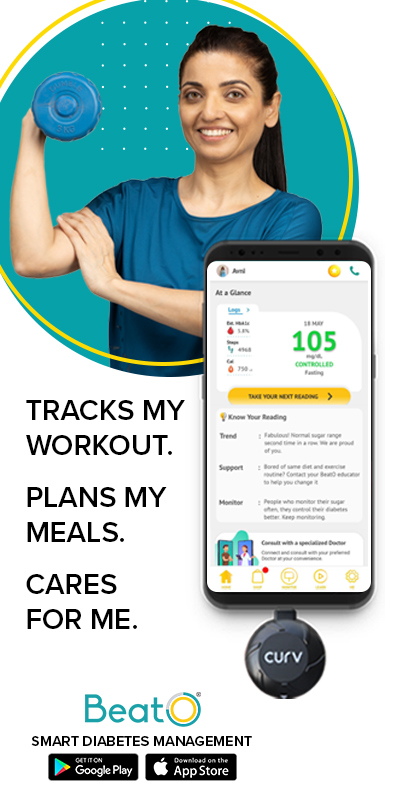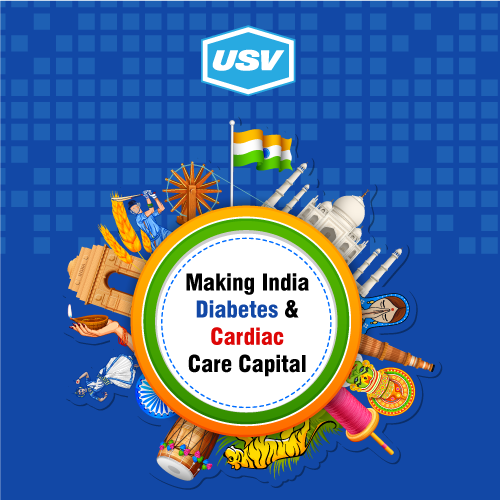Tracking the Fate of Milk Proteins: Better in Whole or in Part?

The anabolic property of protein from the dairy products has been a topic of research and discussion for decades. The role of the anabolic property of milk in stimulating Muscle Protein Synthesis (MPS) is lesser known. Ways to maintain MPS with age have not been discussed with evidence to date. A brief review study is proposed by West and Mitchell (2020) in their manuscript entitled, “Tracking the Fate of Milk Proteins: Better in Whole or in Part?” in the Journal of Nutrition. A summary of the same can be studied below:
Objective:
To study the dose and type of protein, digestion of dietary protein with age along with bioavailability and digestive kinetics of amino acid. To assess the impact of milk protein (whole /part) in maintaining lean body tissue from younger to older adults.
Method:
Data from 18 previously published study was assessed
Findings:
Individual ingestion of Whey or Casein showed less availability of amino acid phenylalanine for peripheral tissue; when compared with milk consumption. Supported by the Digestible Indispensable Amino Acid Score and other work, it is suggested that protein from whole food sources is better digested than their constitutive part. A comparison concludes that higher doses of whey are more efficiently available in bloodstreams than casein. There is a rapid decrease in the bioavailability of food with age. In younger adults, around 20g of amino acid results in a maximum MPS; however, double the mentioned quantity in older adults are required to stimulate near-maximal postprandial MPS. It is a hypothetical suggestion to increase amino acid bioavailability in adults who have their protein intake close to RDA. This might help in preserving muscle loss during old age.
Limitation:
The author acknowledges that a long-term intervention study is required for a recommendation of dose and protein type to preserve muscle loss in old age.





